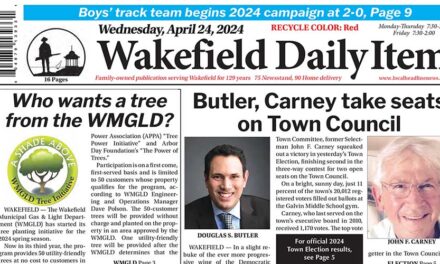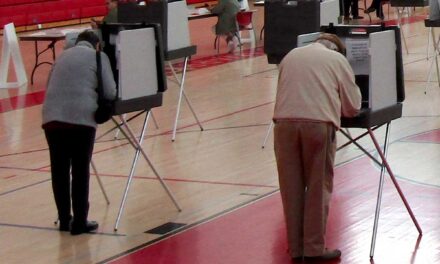Published in the August 29, 2019 edition.
By MARK SARDELLA
Summer is winding down. Conditioned by the school year, people are squeezing in that last bit of leisure time and resting up for the post-Labor Day ramp-up of activity.
It’s also a truism that late August is a slow news period. That’s not the case at National Public Radio, where the news never rests, all things considered.
Last week, NPR’s website published a hard-hitting piece called, “Men Can Have Better Friendships. Here’s How.” Naturally, it was written by a woman.
Imagine if a man wrote an article called, “Women Can Have Better Friendships. Here’s How.” He would be immediately and firmly denounced for the sin of “mansplaining.” But in the 21st century, women can lecture men for their shortcomings and men are expected to take it. And if we cry a little bit, well, that’s a good thing. Right?
“Here’s the bad news,” Julia Furlan writes. “Men are hurting, and, according to many researchers, masculinity is what’s hurting them and making it hard for them to maintain friendships.”
Well, that would explain why Tom Brady has no friends.
And who are these oft-cited “many researchers?” They seem to say lots of things. Curiously, they are never identified.
But Furlan did find one expert to back up her thesis. Another woman, naturally.
Niobe Way is a developmental psychologist (my favorite kind) at New York University. According to the article, she has spent 30 years interviewing teen boys about masculinity and friendship. That alone should qualify her for sainthood.
According to Way, society tells men to be stoic and to suppress their feelings and expects them to be aggressive.
Really? Where is this “society” in 2019? I’ve been looking everywhere for it.
In childhood, Way says, boys feel affectionate about their relationships – just as girls do. But then, in late adolescence, boys “go underground emotionally when talking about their friendships.”
“The good news,” The article exclaims, “is that those skills can be recovered!”
In other words, boys can be just like girls! Yay!
The key, the article continues, is for boys and men to not blame themselves. That’s a relief. I was almost starting to feel guilty. But now I know that I’m just “a product of a society that expects very particular things of masculinity.”
Which brings us to the token male expert quoted in the article. We’re told that he “has thought a lot about masculinity,” which is no surprise with a name like Thomas Page McBee.
According to the story, McBee’s extensive reporting “has found a lot of codes that society expects men to adhere to.”
OK, that’s enough out of you, Mr. Toxic Masculinity.
Back to Julia Furlan and Niobe Way.
Furlan advises men to “Say the thing that scares you,” like ‘I’m afraid nobody will go to my party,’ or ‘I miss my grandma every day.’ Doing so will make it OK for others to follow your lead. We are all on the elevator to a society where emotional availability is normalized, and I want you to press ‘door open.’”
Boy, that’s deep.
Men should also ask more questions, the ladies advise, especially when their friends are sharing a “moment of vulnerability.”
“When you’re with a friend or romantic partner and they don’t have questions for you,” Way says, “that’s incredibly alienating.”
I have a question. Can you mind your own business?
Sorry, that was my toxic masculinity talking. Can someone please direct me to the elevator to emotional availability?
I think I need a hug.




